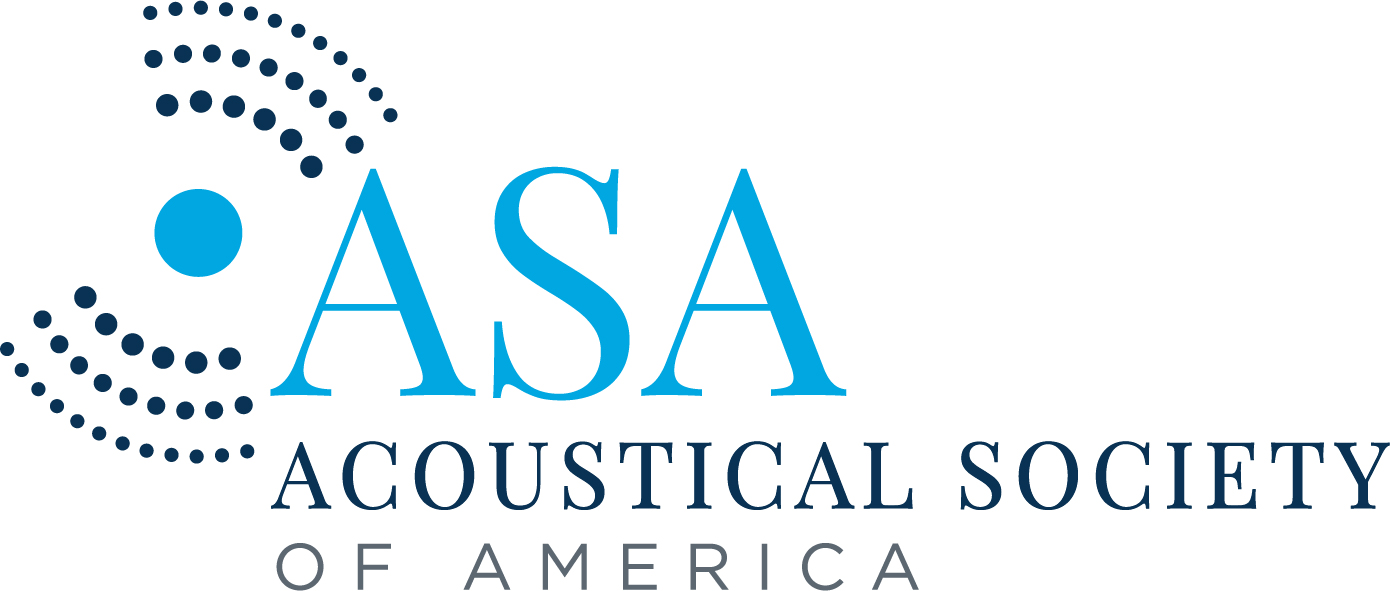Call for Papers for JASA and JASA Express Letters

The Journal of the Acoustical Society of America (JASA) and JASA Express Letters are calling for papers for joint Special Issues.
Authors have the option to select which journal they would like to submit a paper to for a Special Issue. Accepted papers will be published in the next available regular issue of the selected journal and identified as belonging to the Special Issue. After all papers have published for the Special Issue, they will be included in a cross-journal online collection at the JASA and JASA Express Letters websites.
The following are open call for papers for joint Special Issues. Information on current call for papers are always available here: JASA and JASA Express Letters
Assessing Sediment Heterogeneity on Continental Shelves and Slopes
This Special Issue presents recent advances in experimental measurements, theoretical models, and application of information-based signal processing and machine learning to assess the degree to which seabed heterogeneity can be characterized. …Read More!
Guest Editors: David Knobles, Preston Wilson, Tracianne Neilsen, Ying Tsong Lin
Deadline: July 1, 2024
Advances in Soundscape: Emerging Trends and Challenges in Research and Practice
This Special Issue invites submissions that focus on the human perception of sounds in built or natural environments, or the impacts that human activities can have on those, and help advancing the field either theoretically or methodologically. …Read More!
Guest Editors: Francesco Aletta, Bhan Lam, Cynthia Tarlao, Tin Oberman, Andrew Mitchell
Deadline: July 31, 2024
Active and Tunable Acoustic Metamaterials
This Special Issue invites all manuscripts exploring new active and tunable acoustic or elastodynamic metamaterials. …Read More!
Guest Editors: Michael R. Haberman, Christina Naify, Bogdan Popa, Serife Tol
Deadline: September 30, 2024
Climate Change: How the Sound of the Planet Reflects the Health of the Planet
Recognizing the urgency of the climate crisis, this Special Issue invites papers investigating efforts to monitor and mitigate the environmental, economic, and social disruption threatened by an increasingly warm planet. …Read More!
Guest Editors: Megan S. Ballard, Edward J. Walsh, Lauren A. Freeman, Daniel T. Blumstein, Ying Tsong Lin
Deadline: December 31, 2024
Wave phenomena in Periodic, Near-Periodic, and Locally Resonant Systems
This Special Issue presents recent advances on periodic, near-periodic, and locally resonant vibroacoustic systems, covering fundamental aspects of the theory of multiple wave scattering to experimental studies that demonstrate performance and potential applications of the systems. …Read More!
Guest Editors: Vladislav Sorokin, Luke Bennetts, Nicole Kessissoglou, Alex Skvortsov
Deadline: December 31, 2024
Special Issue: Advanced Air Mobility Noise: Predictions, Measurements, and Perception
This Special Issue covers tools, technologies, ground/flight testing, human response and metrics, and regulation and policy related to advanced air mobility (AAM) vehicle noise. …Read More!
Guest Editors: Matthew Boucher, Alexandra Loubeau, Beckett Zhou, Eric Greenwood, Damiano Casalino
Deadline: February 28, 2025



